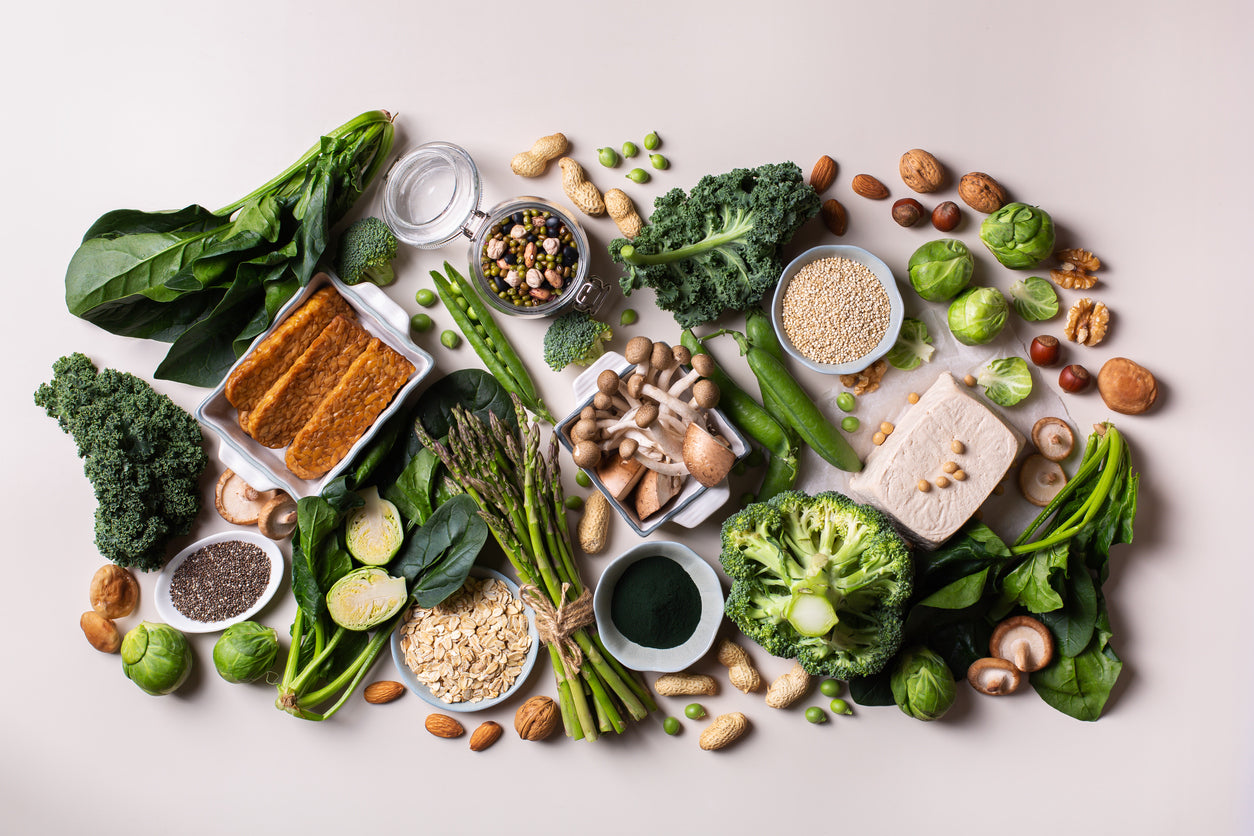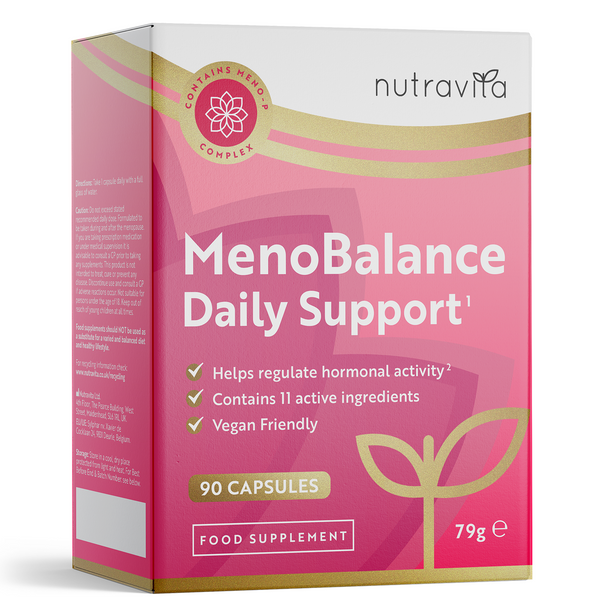Should You Be Eating 30 Different Plants a Week for Better Gut Health?

Should You Be Eating 30 Different Plants a Week for Better Gut Health?
To achieve a healthy gut, remember this simple rule: diversity is key. The wider range of plant foods you enjoy, the greater the diversity and wellness of your gut.
Many experts in the nutrition world believe that eating a variety of plants could be just as important as getting in your five a day. In fact, 30 different plants a week may be the way to go for optimal health!
Why Should You Try To Eat 30 Plants A Week?
The suggestion of including 30 different plants, also known as plant points, comes from a 2018 study involving over 10,000 participants from the US, UK, and Australia. The study discovered that those who enjoyed more than 30 types of plants each week had a healthier and more diverse gut microbiome compared to those who consumed less than 10 plant varieties. Surprisingly, this diversity in plants was found to be even more crucial than following a vegan or plant-only diet!
Why Is Diversification Important For Your Health?
The magic of plant diversity lies in the wide range of nutrients they offer. When you consume plant-based foods like fruits, vegetables, whole grains, nuts, seeds, beans, and pulses, you're nourishing your body with essential vitamins, minerals, antioxidants, carbohydrates, protein, fats, and fibre. Plus, each plant has its own unique nutrient profile, so by diversifying your plant choices, you give yourself a more varied and complete intake of nutrients.
 It's All About Fibre…
It's All About Fibre…
Fibre, a powerhouse nutrient abundant in plant-based foods, is a key player in supporting your gut health. What makes fibre unique is that certain types of fibre can be fermented by the good bacteria in your gut, providing them with the nourishment they need to thrive. This fermentation process works its magic by producing short-chain fatty acids (SCFAs) that not only nourish and protect the cells lining your gut, but also have potential benefits for your immunity and metabolic well-being. And let's not forget to mention that fibre works wonders in promoting regular bowel movements, preventing discomforts like constipation and abdominal pain.
Enhancing your plant-based diet with additional fibre is a great way to support your gut health. If you're looking for convenient options, consider incorporating our 2 fibre packed favourites Psyllium Husk and Fibre Complex Powder, into your routine. These fibre supplements can provide an extra dose of dietary fibre to help promote regular bowel movements and support a healthy gut.

Just what I was looking for!

 How To Get 30 Plants Per Week
How To Get 30 Plants Per Week
Don't worry if the thought of eating 30 different plants in a week feels overwhelming. We've got some good news for you! Increasing the variety and quantity of plants in your diet doesn't have to be a challenge. In fact, it can be quite easy, especially when you consider that plant-based foods extend beyond just fruits and vegetables. Think beans, pulses, nuts, seeds, whole grains, and even herbs and spices count towards your 30.
7 Easy Tips To Help You Get To There...
- Mix up your salads: Create vibrant salads with a mix of leafy greens, colourful vegetables, and herbs. Experiment with different combinations to keep it interesting.
- Embrace smoothies: Blend fruits, leafy greens, and even a spoonful of nut butter or chia seeds to boost your plant intake. Smoothies are a convenient way to pack multiple plants into one delicious drink.
- Get creative with side dishes: Instead of relying on a single vegetable as a side, prepare a medley of roasted or stir-fried veggies with a variety of flavors and textures.
- Explore international cuisines: Different cultures offer a wide range of plant-based dishes. Explore cuisines like Indian, Mediterranean, or Asian, which often incorporate diverse herbs, spices, vegetables, and legumes.
- Snack on plant-based options: Choose nutritious snacks like raw veggies with hummus, roasted chickpeas, or a handful of mixed nuts and seeds. These simple snacks can contribute to your daily plant count.
- Experiment with grains and legumes: Incorporate a variety of whole grains like quinoa, brown rice, and bulgur, along with an assortment of legumes such as lentils, beans, and chickpeas. These provide ample plant-based proteins and other essential nutrients.
- Use herbs and spices liberally: Herbs and spices not only add flavor to your meals, but also contribute to your plant diversity. Experiment with fresh and dried herbs, as well as spices like turmeric, ginger, cinnamon, and cumin.
Remember, the goal is to gradually increase your plant variety over time. Start with a few extra plants each week, and gradually build up to 30. Every small step counts towards enhancing your gut health and overall well-being!

Riya Lakhani ANutr is a registered nutritionist and health writer with a special interest in plant-based nutrition. She has completed a Bachelor’s and Master’s degree in Human Nutrition, and has developed a passion for writing about all things plant-based.


